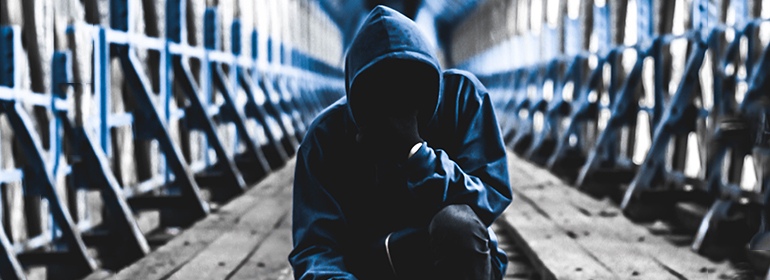Media reporting of a brutal homophobic attack in Dublin’s Phoenix Park lazily implicated the victim in the hate crime, says Stephen Meyler
Reporting on a gay man being assaulted in the Phoenix Park should come with a bit of self-examination for any media organisation worth its salt – if it chooses to report such attacks in the first place, that is.
In July, a Polish gay man was physically attacked by a gang in the park who personalised their attack with homophobic language, not to mention a car. He’s lucky to be alive, but his experience got worse when he tried to have the attack recorded by the Gardai as an anti-gay hate crime. They weren’t interested, apparently.
This was a surprise, as the Gardai have made efforts to reach out to the gay community for decades now, attempting to overcome a traditional unwillingness to report crimes that would be labelled ‘anti-gay’. Shame plays a huge part in this unwillingness, whether from men who are not out as gay, or who have internalised too much hatred. It’s sad that when someone does try to have an attack treated appropriately that it isn’t a clear or smooth process.
It’s not just the authorities who have a problem with homophobic violence. It’s hard to avoid the knee-jerk tendency to blame the victim when you hear about an attack, trying to come up with a reason why that person was attacked, creating a difference between me and him which somehow leaves me safe from similar violence.
So, a gay man might be attacked for being too obviously gay, for being in a park, or for holding hands with his boyfriend. There’s even been instances of ‘There’s that fag off the telly, get him!’ It’s nonsensical magical thinking of course: gay men are attacked because it’s acceptable for some people to attack gay men.

The commentariat often expresses the view that the scumbags are out to get anyone they think they can easily hurt, so it’s not actually a homophobic attack – the victim could just have easily been a woman walking home from the late shift or a man from Nigeria making deliveries in a rough area. That sort of whataboutery is supposed to make the victim feel better, presumably – don’t take this assault personally!
That the attack happened when the victim was alone in the Park at dusk makes the ‘not me, but him’ rationalisation easy – what was he doing alone in the Phoenix Park so late? Didn’t he know how easy it would be for everyone to judge him foolish? Didn’t he know that gay people are supposed to expect tolerance, equality and safety in the prescribed places only? Didn’t he know that many gays and society at large expect him to be a victim?
Click below to read more.
Of course, it’s unrealistic to expect every corner of the city to be safe, for anyone, let alone those ‘obvious gays’; feral teens are feral teens after all – heat-seeking missiles for perceived vulnerability. Gays and other target groups have usually very effective means of avoiding their depredations – living in the right places, socialising in safe spots, not behaving too gay, staying in their cars.
This ‘deal’ we make to stay safe works enough of the time that we can silently judge the other gays who stray into dangerous spaces – we can sympathise and hit ‘like’ buttons on campaign pages, but we remain in our social refuges and continue to check ourselves for signs of victimhood. There’s little prospect of that changing if the media lazily reflects it by implicating the victims of crimes.
Alexis Arquette
In the era before Laverne Cox gracing the cover of Time magazine or Jeffrey Tambor winning Emmys for Transparent, Alexis Arquette was openly gay, openly transgender and openly queer at a time when ‘new queer cinema’ was also having a bit of a moment in Hollywood.
Unfortunately, the only movie of hers I saw back then, Piccadilly Pickups (2000) is just terrible – maybe the organisers of that year’s Dublin Lesbian and Gay Film Festival had scheduled it for shock value – but Alexis Arquette is by far the best thing in it. It was also the first time I was in a cinema that collectively shifted in its seats uncomfortably – a surprise transsexual sex act could do that back then. Innocent times!
The entertainment industry has made portrayals of the LGBT community pretty mainstream since then; so mainstream in fact, that actual gay, lesbian or transgender actors now find themselves in competition with heterosexuals for gay parts. Is that a sign of progress? Probably, but as in the rest of life, TV and the movies have
a way to go yet – are the gay actors also getting a fair whack at the straight parts?
Apart from how young she was, the other surprise about Arquette’s death was, unfortunately, the news that she died of Aids- related complications. We’ve become so good at swallowing the narrative of Aids as a chronic treatable condition that we forget that people still die of it. Not so much in rich places – hence the surprise – but it’s still one of the biggest killers of the poor, the vulnerable and women in large parts of Africa.
© 2016 GCN (Gay Community News). All rights reserved.
